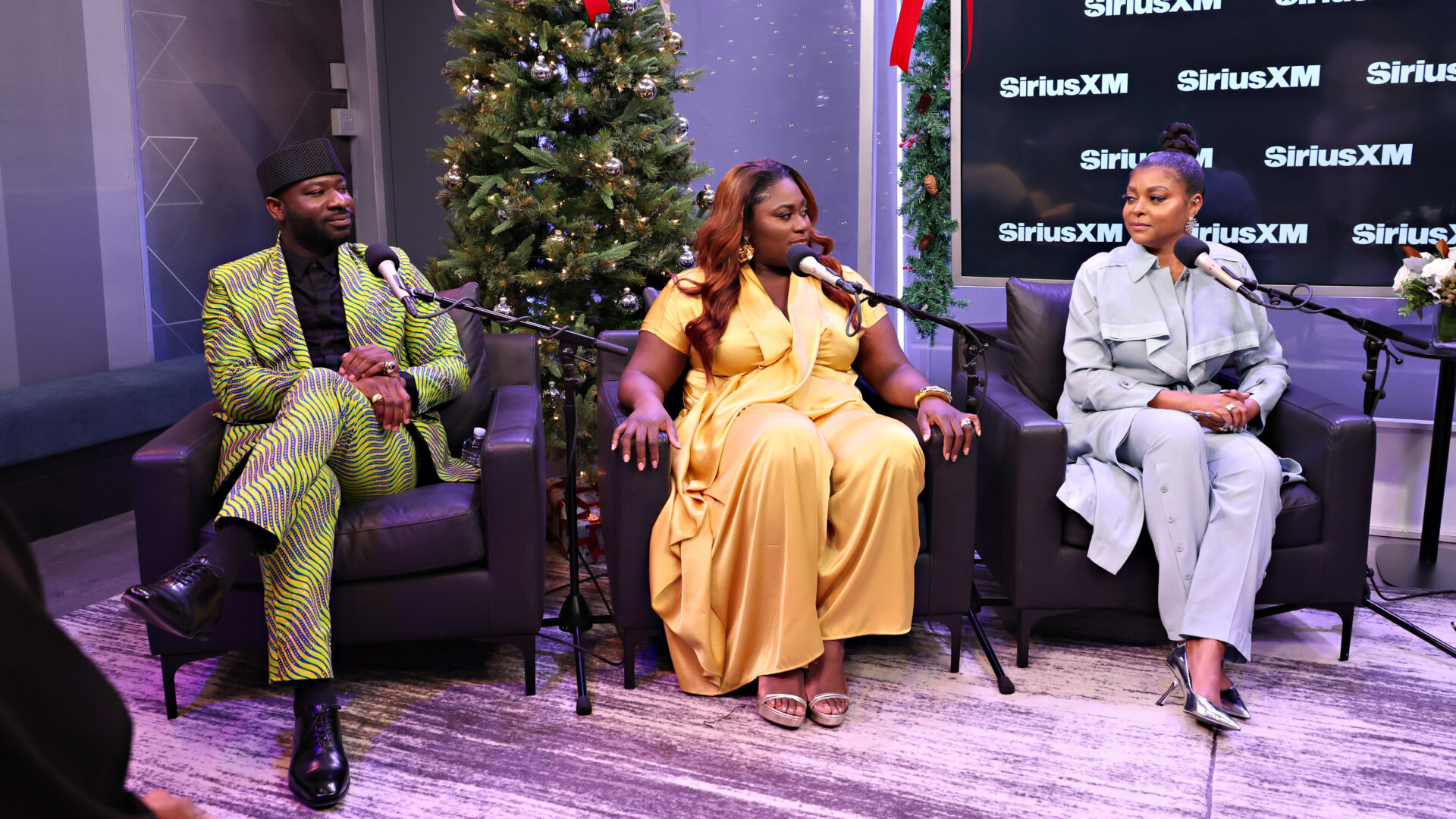
Imagine watching one of your favorite Black actors, and to a community, they are household names, but everything is not what it seems behind the scenes. From the outside looking in, people may think they know the true depths of Hollywood’s glitz and glamor, but stars like Taraji P. Henson, Viola Davis, and Mo’Nique have highlighted pay inequities as a recurring issue in Black Hollywood. Although many might refer to Internet net worths for Black A-listers in the industry, the actual checks don’t reflect the materialistic accolades.
Alice Walker’s 1982 novel, “The Color Purple,” has become a staple piece of Black literature that’s transitioned into a phenomenon in film. After the 2023 musical adaption of The Color Purple was confirmed with a star-studded cast including Fantasia Barrino, Danielle Brooks, Taraji P. Henson, Halle Bailey, and more, you would assume actors of such a high caliber would receive blockbuster treatment.
Still, fans of Henson were shocked by the industry revelations that she expressed on the press run for the newly released film. Henson is a decorated thespian with awards from the Golden Globes to Oscar nominations, but Hollywood’s significant pay inequality for Black artists has Henson questioning whether she should continue to pursue her career in the industry. In a recent interview with Gayle King for The Color Purple press run on SiriusXM radio, Henson was candid regarding her frustrations and harsh realities she still has to encounter after 20 years in the business.
“I’m just tired of working so hard, being gracious at what I do, and getting paid a fraction of the cost,” Henson says. “I’m tired of hearing my sisters say the same thing repeatedly. You get tired. I hear people say, ‘You work a lot!’ I have to. The math ain’t mathing. And when you start working a lot, you have a team. Big bills come with what we do. We don’t do this alone,” she says.
Furthermore, Henson broke down the percentages that are taken out of an artist’s gross pay and put the assumptions to rest. Even if a well-renowned actor or actress is in a high-grossing box-office film, they do not automatically receive much money. Building a personal brand takes dedication and craft, but a team behind the face always deserves to be awarded for their contributed work. “When you hear someone go, ‘Such and such made $10 million,’ that didn’t make it to their account,” Henson says.
After reflecting on her career credentials, Henson’s frustrations showed that she still has to negotiate her worth with leading industry studios because Black entertainers and films “don’t translate overseas.” According to UCLA Hollywood Diversity Report 2020, studio and film decisions are dominated by a consistent trend of white men in the 11 major and mid-major studies. 91 percent white and 82 percent male are the Chairman or CEO of these studios.
On every social media platform, many people rallied around Henson, from Gabrielle Union to Viola Davis. As many users do when discourse hits the timeline, they pull up receipts, including the infamous 2018 clip of Davis speaking out against payment inequity.
“I have a career that’s probably comparable to Meryl Streep, Julianne Moore, Sigourney Weaver,” Davis says. “But I have to get on that phone and people say, ‘You’re a Black Meryl Streep. There is no one like you.’ Okay, then if there’s no one like me, you think I’m that you pay me what I’m worth. You give me what I’m worth.”
Not only does Black Hollywood experience similar predicaments, but upcoming Black artists can relate when championing their own careers. Young Hollywood Actress Ebony Jenae Williams expressed that experience has become the best teacher throughout these difficult encounters.
“One of the shoot days ended up being about 18 hours, and one of my white male castmates said, ‘We’ve been here too long to only be getting paid X amount of dollars, ’the amount he said was almost twice what I was getting paid, and I was number one on the call sheet,“ she tells GU. “I regret not advocating for myself when I found out. I was intimidated to talk about money and felt like I was too green to demand more. Now I have an amazing team that’s extremely diligent in negotiating on my behalf, and I’m confident that as my career continues to blossom, adequate compensation will follow.”
As the SAG-AFTRA and WGA strike concluded, Black actors in the industry are now hopeful that fighting for equal compensation and opportunities will make a difference. Actress and Agent Assistant Kayla Moore acknowledges there’s a lot of change to be made but believes the influence of these discussions has the potential to be impactful.
“It’s truly sad and devastating our top performers in Black Hollywood are still having to fight for fair payment,” Moore says. “There needs to be active solutions put in place to end this disparity, just like the SAG and WGA unions had to fight for a fair contract. I think the same energy has to be put into this issue.”
Black actors and actresses have consistently broken barriers and disrupted the spaces in Hollywood where their presence wasn’t initially welcomed in the industry. Although significant achievements have been made by Black artists, the fight continues for what they ultimately deserve.
“I’m glad the conversation is being had today; it’s a start, but I still don’t think it’s talked about enough, and evidently, not enough is being done,” Moore says.